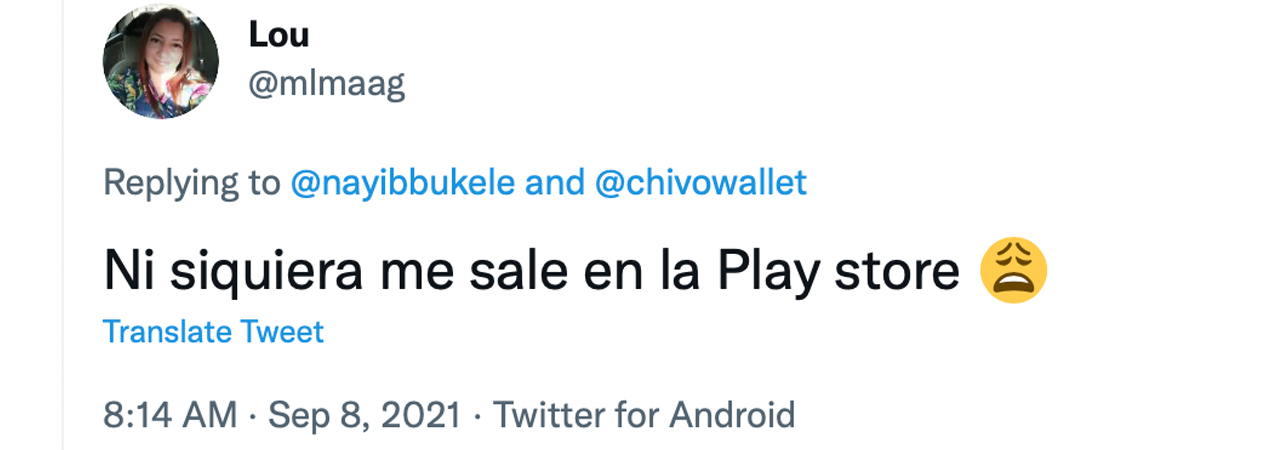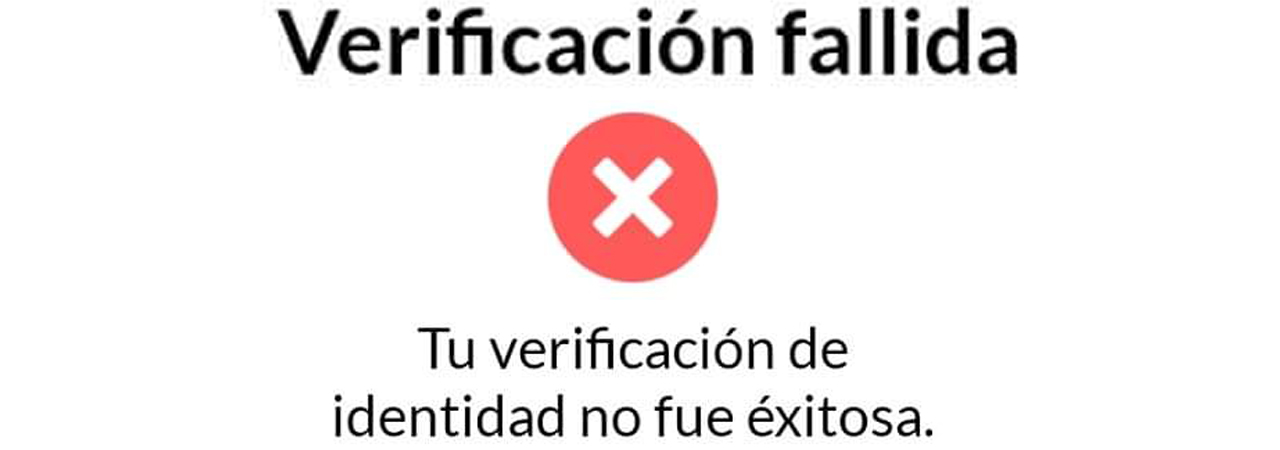
On the day El Salvador implemented the bitcoin tender law, the official government wallet called the Chivo wallet had some initial issues for five hours on Tuesday. Residents could not leverage the application and had issues accessing the app on Apple’s App Store and Google Play. The situation seems to be resolved now as Salvadoran president Nayib Bukele explained on Twitter that the Chivo wallet’s “maintenance” was complete.
Chivo Wallet Down Five Hours for ‘Maintenance,’ Bukele Says ‘Take It Slow,’ Google Play Servers Were ‘Saturated’
El Salvador now has the U.S. dollar and bitcoin (BTC) as the nation-state’s legal tender following the implementation of the Bitcoin law on Tuesday, September 7, 2021. In addition to creating the law, Salvadoran president Nayib Bukele and his government have been buying BTC in mass quantities and have also developed crypto infrastructure for the nation’s citizens. For instance, the Salvadoran government launched the Chivo wallet which allows users to accept bitcoin (BTC) for goods and services.

However, on the day El Salvador implemented the bitcoin tender law, many Salvadorans had issues with the Chivo wallet. Users complained that they could not download the application via Google Play and Apple’s App Store. Bukele took to Twitter telling citizens to take it “slow” and that the Google Play store is “the most used store in El Salvador, so we have opened [the Chivo wallet launch] in parts and thus not saturating the servers.”
Chivo wallet issues also stemmed from users who did not have the right version of Samsung’s Galaxy brand smartphone. Bukele added:
Chivo wallet is now available in Google Play, but only for versions of the Samsung Galaxy S20 and Samsung Galaxy S21.
Number 1 App in Apple’s Finance Section in El Salvador, Complaints About Not Receiving the $30 Bitcoin Gift
Bukele also exclaimed that in El Salvador, the Chivo wallet was the “number 1 finance app in the [Apple App Store] in just 8 hours.” But immediately after Bukele tweeted that statement the complaints from Salvadorans having issues with the Chivo wallet rolled in.

“President, I already downloaded and installed it,” one individual wrote. “But now that I want to open it… only this appears for me and I have had this for a long time, and it does not resolve.”

Others have been complaining that the $30 worth of free bitcoin (BTC) that was promised was not showing up after they uploaded identification. “There are people who registered but could not take a photo of the DUI or the selfie because the system [shut down], and that $0 BTC appears within the app, what solution is there?” a Salvadoran citizen asked the president. Another person responded to the person who said funds were not being delivered to people’s wallets and said:
The same thing happened to an aunt, when she was going to take the selfie [but] the system closed and when she started again, $0 BTC came out. Any solutions, please?
All of the aforementioned comments and many more stem from a tweet from Bukele explaining that the five-hour downtime for maintenance was over. “We have finished today’s maintenance of the Chivo wallet,” he said. “Report any malfunction here, in the comments,” the Salvadoran president added.
Meanwhile, Bitcoin.com News downloaded the Chivo wallet this morning with no issues, and the application was installed without any errors. The free $30 is reserved for Salvadoran residents only and in order to obtain the funds, a Chivo wallet user must upload identification.
What do you think about the Chivo wallet’s hiccups on Tuesday? Let us know what you think about this subject in the comments section below.
Image Credits: Shutterstock, Pixabay, Wiki Commons
Disclaimer: This article is for informational purposes only. It is not a direct offer or solicitation of an offer to buy or sell, or a recommendation or endorsement of any products, services, or companies. Bitcoin.com does not provide investment, tax, legal, or accounting advice. Neither the company nor the author is responsible, directly or indirectly, for any damage or loss caused or alleged to be caused by or in connection with the use of or reliance on any content, goods or services mentioned in this article.